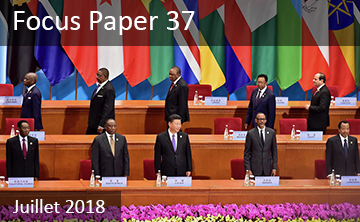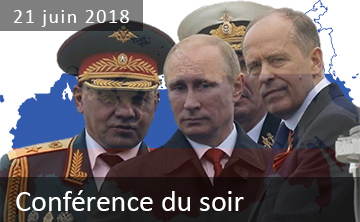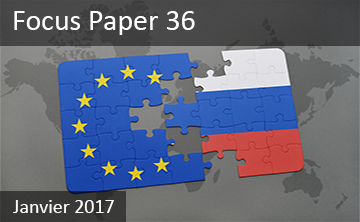
Russia-EU Relations: An Era of Sanction Policy and International (Dis)order
Maarten TOELEN
The crisis in Ukraine marked a strained phase within the relatively constant East-West equilibrium of the last decade. As the subsequent EU response is often misperceived in the public discourse, the following study aims to provide a comprehensive academic overview touching upon the contemporary relation with the Russian Federation. The essence of this can be broadly characterized by Russia’s struggle to reassert its great-power status within an emerging multipolar world as well as the statecraft of restrictive measures employed by the West in response to Russia’s aggression in Ukraine.
Throughout the paper, it will be argued that the events set in motion by Russia exemplify a lingering clash with the West – regarding subjects such as normative power, economic and political integration and security interests – rather than Russian imperialist ambitions. The first chapter of this study will provide a general overview into the EU’s role as a regional sanctioner, with specific focus on the Russian sanction regime(s) as well as the premises that brought about the imposition of these restrictive measures.
Driven by two conflicting notions of international relations, the second chapter aims to provide a broader context in which the contemporary East-West partnership has to be understood. Although the recent shift in Russian policy has been viewed either through a prism of EU or NATO enlargement, this study argues that they should be regarded as de omnibus contradictory to Russia’s political ambitions within a multipolar world, where its relative (regional) power would outweigh other (European) countries.
Finally this study aims to provide an analytical framework in which the success of the EU response in casu has to be understood and which could be used to reach informed conclusions regarding the future use of restrictive measures. Building upon the framework of F. Guimelli, it argues that the effectiveness of sanction regimes should be interpreted as the degree to which their coercing, constraining and/or signalling effects force a target to comply progressively. Nonetheless, the aim of this study is not to provide an in-depth economic analysis of restrictive measures or a conclusive answer regarding their (economic) effectiveness.
(Disponible uniquement en anglais)
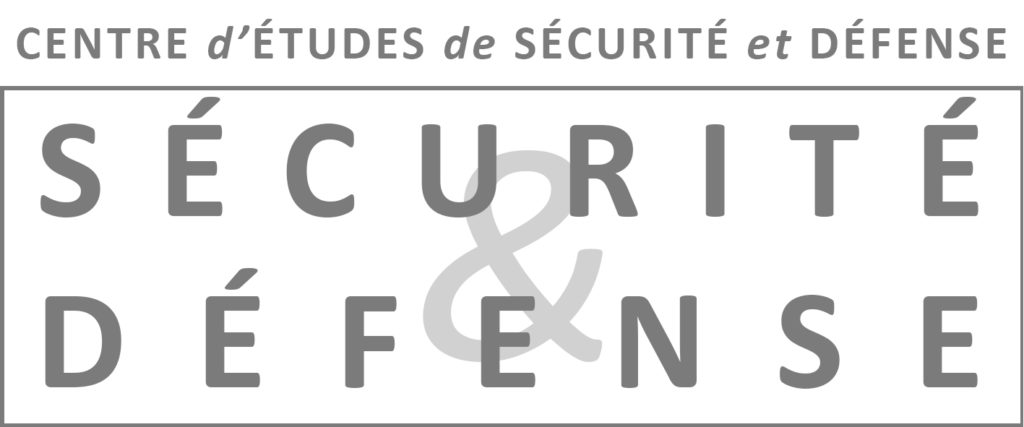
Publications et événements connexes :
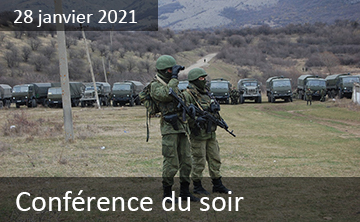
Un autre type de guerre par procuration ?
Le recours de la Russie à des forces paramilitaires « semi-étatiques »
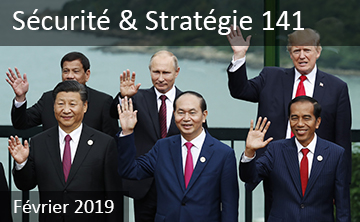
Le partenariat russo-chinois à l’heure Trump: un nouvel ordre mondial illibéral en formation?
Nicolas GOSSET
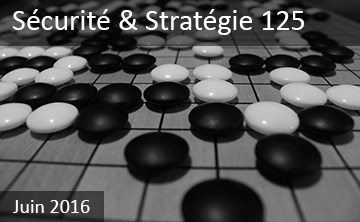
Crise russo-ukrainienne
Conséquences sur les politiques de défense OTAN, UE et de défense nationale
André DUMOULIN

